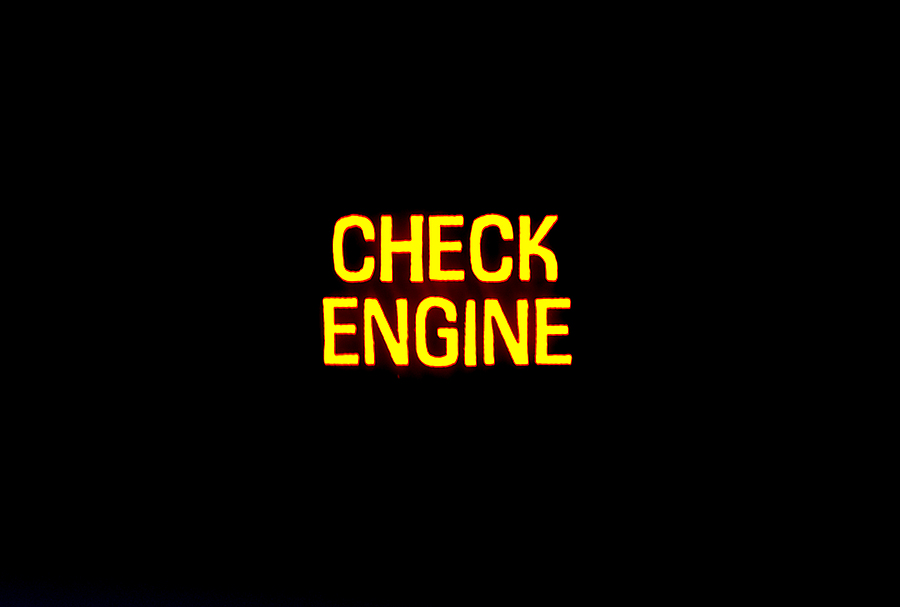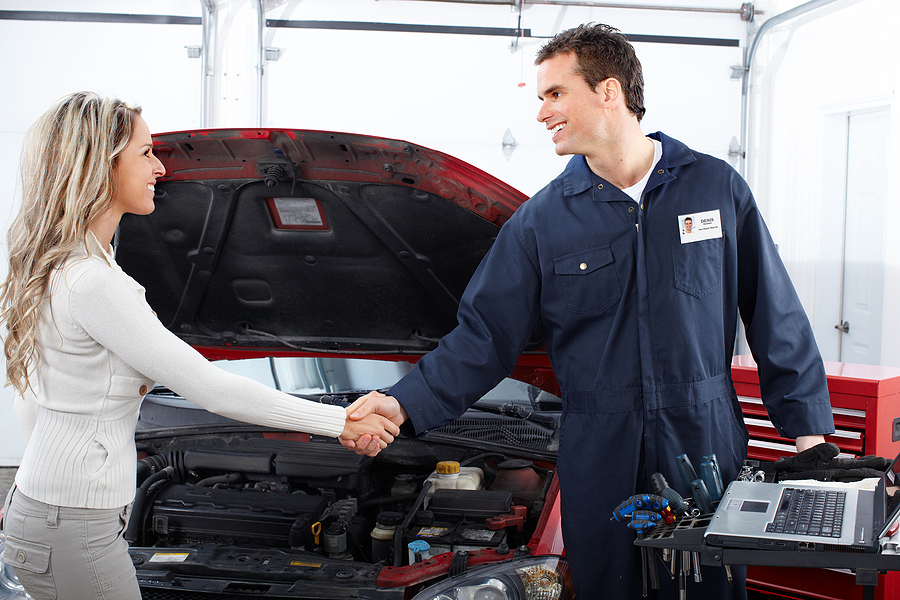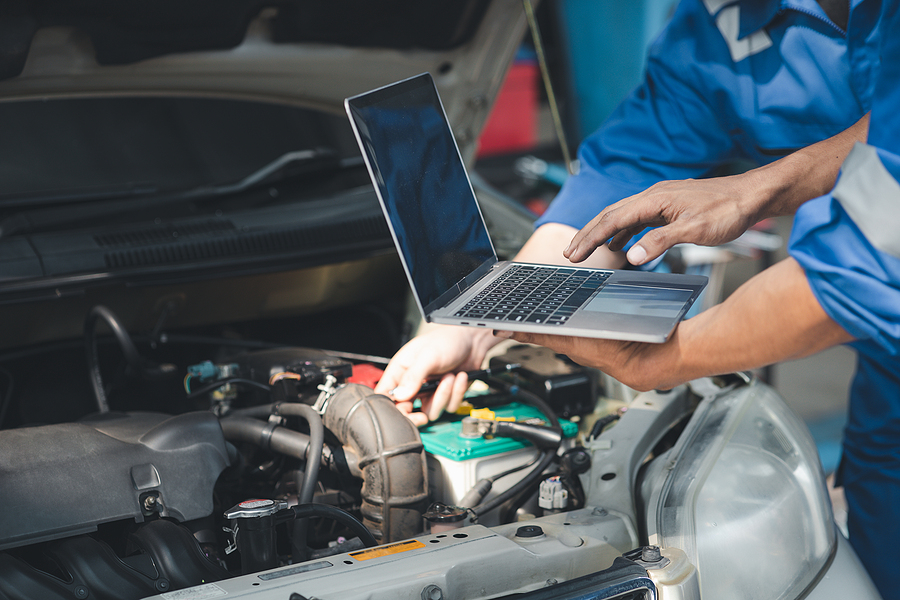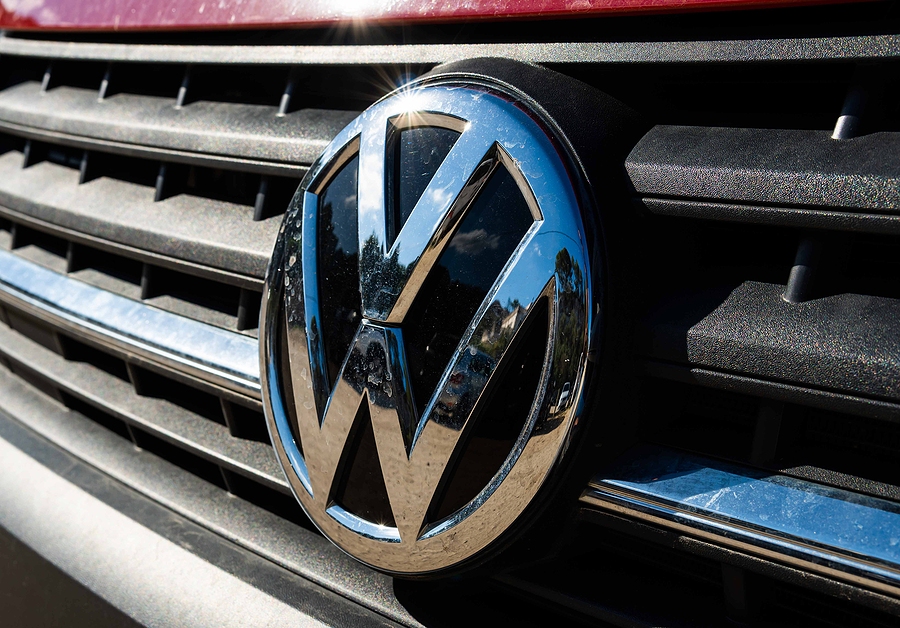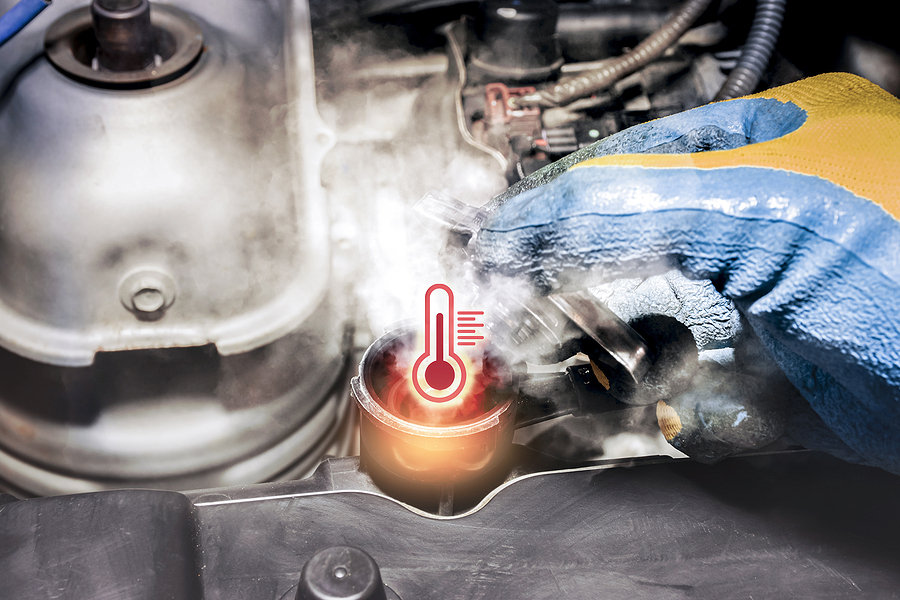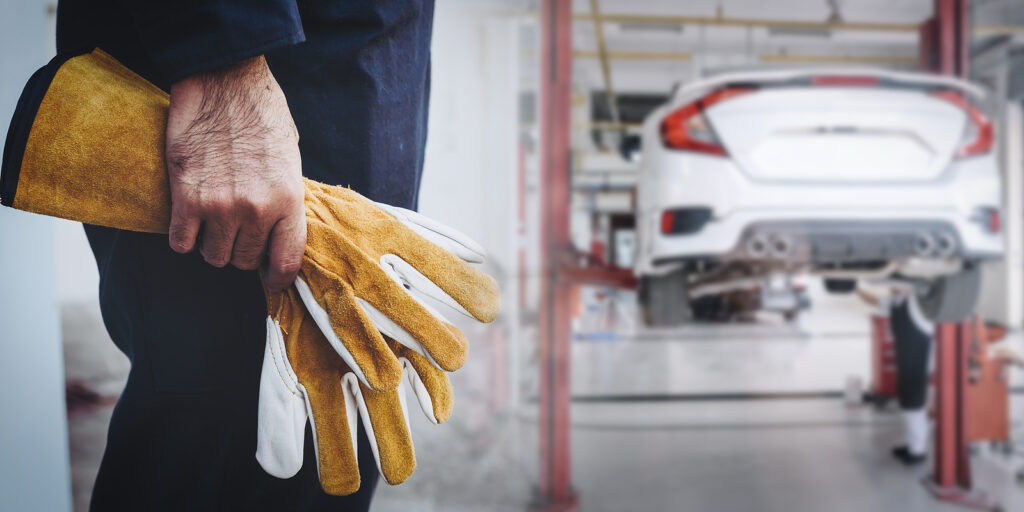The language of cars isn’t all about the rev of an engine or the smooth glide of tires on asphalt; sometimes, it speaks in more concerning tones — the kind that make car owners perk up in their seats and passengers shift uneasily. Uncharacteristic sounds from your vehicle’s intricate machinery can be the first indicators of underlying problems. But, far too often, they are the ones we hope will just go away on their own.
However, the truth is that recognizing and reacting to strange car noises are foundational aspects of car care — translating these sounds could save you costly repairs down the road, or more immediately, steer you clear of a serious accident. In this detailed guide, we’re focusing on educating car owners, drivers, and commuters about various car sounds and the crucial steps to take when your car starts speaking a language that’s anything but normal.

Car Noises That Should Not Be Ignored
Car Engine Noises
Your car’s engine is a complex symphony of moving parts that, when functioning properly, produce an orchestra of cohesive hums and whirs. When one of these parts begins to falter, it often sings a solo that demands your attention.
Knocking: Also known as pinging, this sound usually indicates an issue with the combustion process. It can be a sign that the fuel you’re using isn’t up to par with your engine’s octane rating, or that the spark plugs or timing may be off.
Tapping or Clicking: Often associated with low oil levels or pressure, this noise means that your engine’s internals aren’t getting the lubrication they need.
Hissing or Whistling: These sounds aren’t too dissimilar to a tea kettle, and signify that your engine may have a vacuum leak or the serpentine belt is slipping — in the case of the latter, the temperature gauge’s needle wandering towards “HOT” can often confirm this suspicion.
Upon hearing any of these sounds from your engine, a trip to your trusted mechanic is strongly advised. Describing these sounds accurately can significantly aid the professional diagnosis process, potentially averting major engine problems if caught early on.
Car Brake Noises
Of all the sounds that might startle a driver, the screech or grind of your vehicle’s brakes is perhaps the most attention-grabbing — and for good reason.
Squealing – Brake squeals are generally straightforward and typically alert you to one of two issues. The first is when a metal indicator on your brake pad touches the rotor, signifying that it’s time for a replacement. The second is a build-up of dust on the brake rotor. Both instances, while possibly alarming, are resolved with routine maintenance.
Grinding – Unlike squeals, grinding indicates that the brake pads are completely worn down and metal is rubbing against metal. This is not only detrimental to your braking system, but can be outright dangerous and should be addressed immediately.
Ignoring brake-related sounds is perilous. When in doubt, have a mechanic inspect your brake system. Remember, car brakes are a vital safety feature and any disruptions to their operation should be taken seriously.
Transmission Noises
The transmission is perhaps the most enigmatic component of your car, and when it starts to speak up, it’s best not to ignore it.
Clunks and Whirs – Transmission sounds can vary, but any departures from the norm should be looked into. A clunk when shifting into gear could indicate a problem with the transmission mount, while whining can point to issues with the planetary gear sets or bearings.
Your car might not be able to tell you what’s wrong, but you can help your mechanic by identifying when the sounds occur, whether it’s while shifting, accelerating, or decelerating. This context is invaluable for an accurate transmission repair diagnostic.
Other Automotive Sounds to Look Out For
Some car noises don’t fall neatly into engine, brake, or transmission categories but are important to note all the same.
Knocking on Other Components – If you hear knocking from the underside of your car it could mean a number of things — your car might be telling you that it’s time to replace the shock absorbers, or that the transmission fluid or filter needs attention.
Sudden Hissing – This sound is often associated with a radiator or vacuum line leak, or in extreme cases, a failing head gasket. Any issues related to cooling should be addressed swiftly to avoid overheating.
Smaller Sounds – Often these smaller sounds are leading indicators of a larger problem, and while they might not be immediately serious, they shouldn’t be overlooked. Performing regular maintenance checks can often identify the source of these sounds before they become problematic.
Stay Ahead of Strange Car Sounds with Routine Automotive Maintenance
The art of listening to your car’s sounds is a critical skill that every driver should cultivate. Early diagnosis can lead to simpler, more cost-effective solutions. Don’t ignore your car when it tries to communicate with you. Whether it’s a minor hiss or a major bang, prompt attention means safer on-road experiences and a less tumultuous relationship with car repair bills.
Regularly scheduled maintenance may seem like an inconvenience until you realize it’s a key strategy to maximally extend the life of your vehicle and avert high-stress situations — both in terms of the mechanical operation of your car and your wallet.
Conclusion
The next time you’re behind the wheel and your car starts talking in an unfamiliar way, don’t just turn up the stereo and hope for the best. Tune in, listen closely, and act on its messages. After all, the more attuned you are to your car’s sounds, the better you can play interpreter to its needs. And remember, the interpretation is only as good as the response it elicits — so get to the mechanic’s shop, the safety of the car and its occupants depend on it.
Is your German vehicle singing off key? Contact Autohaus Dierolf at 317-571-0800 for European automotive service and repair, today. Our German mechanics are factory-trained with more than 25 years of experience in the automotive service industry.
Related Posts:
Do Not Make These Common Vehicle Maintenance Mistakes
When Do I Need to Change the Fluids in My Car?
Factory Recommended Maintenance for Car Brakes

